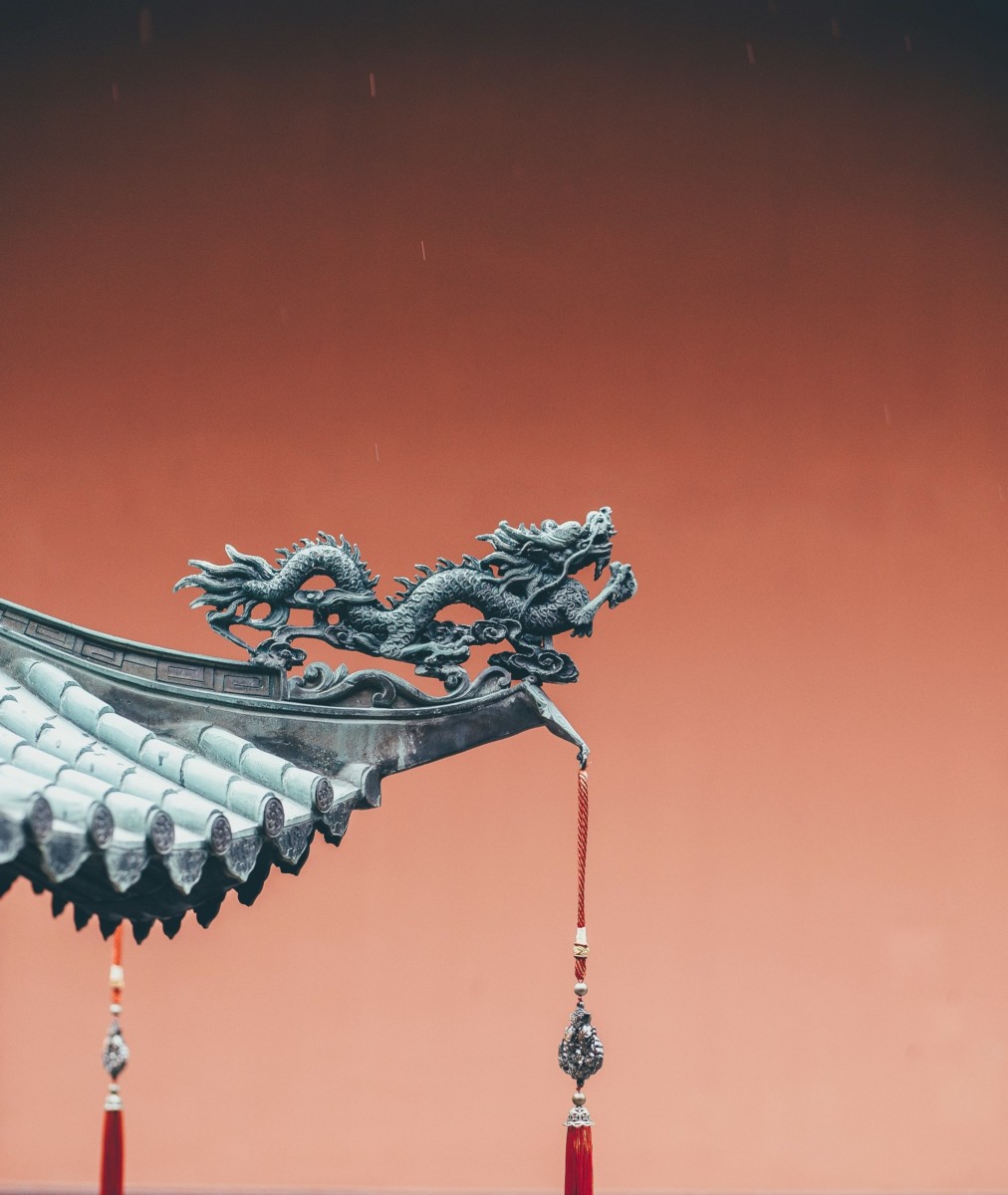
The Chinese legacy on the right to information
Contrary to the People’s Republic of China’s official discourse, based on cultural relativism that states that human rights are a “Western” concept unfit to apply to a Chinese context, the right to information and the struggle for its fulfilment have been present throughout the history of the country and still plays a key role in society.
The endorsement of the right to information and freedom of expression can be traced throughout Chinese intellectual and political history, countering the dominant narrative of cultural relativism that argues that China’s unique development path cannot reconcile with “Western values” of human rights.
From the major contributions that China had in the development of journalism and the press, to the Chinese public’s legitimate aspiration to enjoy their fundamental rights, the right to information has continuously been at the core of the nation’s legacy and history.
An early development of modern journalism in China
China is the cradle of printing, a technique developed in the 8th century. This was expanded with movable type three centuries later, which made the mass dissemination of information throughout the world possible. As early as the 10th century, China also developed journalism with the establishment of privately owned news sheets competing with official bulletins–some of which were banned by authorities.
In the late 19th century, China contributed to daily press development, notably with the 1874 launch of the Xunhuan Ribao (Universal Circulated Herald), a newspaper that included political editorials. At the start of the 20th century, the Chinese press had reached an unprecedented level of development, with titles representing all political sensibilities, including the notable New Youth literary magazine founded by intellectual Chen Duxiu (1879-1942).
From the 1980s to the 2010s, the relatively open journalistic environment allowed Chinese investigative media such as Southern Weekly and Caixin to bring about major social advances by alerting public opinion on issues such as corruption, environmental damage, and public health threats, thereby compelling political decision-makers to acknowledge and address the problems exposed.
A cornerstone in China’s philosophical and political discourses
The concepts of freedom of expression, public deliberation, and people’s participation in political affairs have been theorised by numerous Chinese thinkers during different periods of China’s history, from King Liu De (160-129 BCE) and historian Sima Qian (145-86 BCE), to historian Ban Gu (32-92) and official Luo Dian (1150-1194).
China’s Enlightenment thinkers Yan Fu (1854-1921), Liang Qichao (1873-1929), Hu Shi (1891-1962) and many other pioneers were advocates and practitioners of freedom of thought, freedom of speech and freedom of the press.
From the May Fourth New Culture Movement in the 1910s – which called for the introduction of science and democracy, to the founding of the People’s Republic of China in 1949, although there was frequent armed conflict and social upheavals, pluralism was part of mainstream Chinese society. Independent newspapers and magazines with different viewpoints and orientations competed with one another. This environment enabled Zhang Jiluan, Cheng Shemei, Shao Piaoping, Zou Taofen, and other outstanding journalists to gain popularity.
In 2008, Chinese intellectuals and human rights activists represented by Liu Xiaobo (later awarded the Nobel Peace Prize) released Charter 08. The Charter called on the Chinese authorities to protect “citizens’ right to information and their right to supervise public affairs” in the 11-point proposal.
A constant demand from the Chinese public
From ancient times until now, the Chinese public has expressed a desire for the full exercise of human rights, including the right to information. In recent Chinese history, from the Democracy Wall in 1978 to the 1989 Democracy Movement, the Chinese public continuously demanded the right to information–including freedom of speech and of the press.
The protesters of the 1989 pro-democracy movement called on the government to carry out political and democratic reforms. The right to information was one of their core demands, and even the bloodiest of crackdowns could not discourage this legitimate aspiration.
The spontaneous movements of resistance to online censorship from the 2000s on, the massive democracy protests in Hong Kong in 2014 and 2019-2020, and the “Blank Paper” protest movement in 2022, have evidenced the consistency of the Chinese public in asserting their fundamental rights, with the right to information at the forefront.